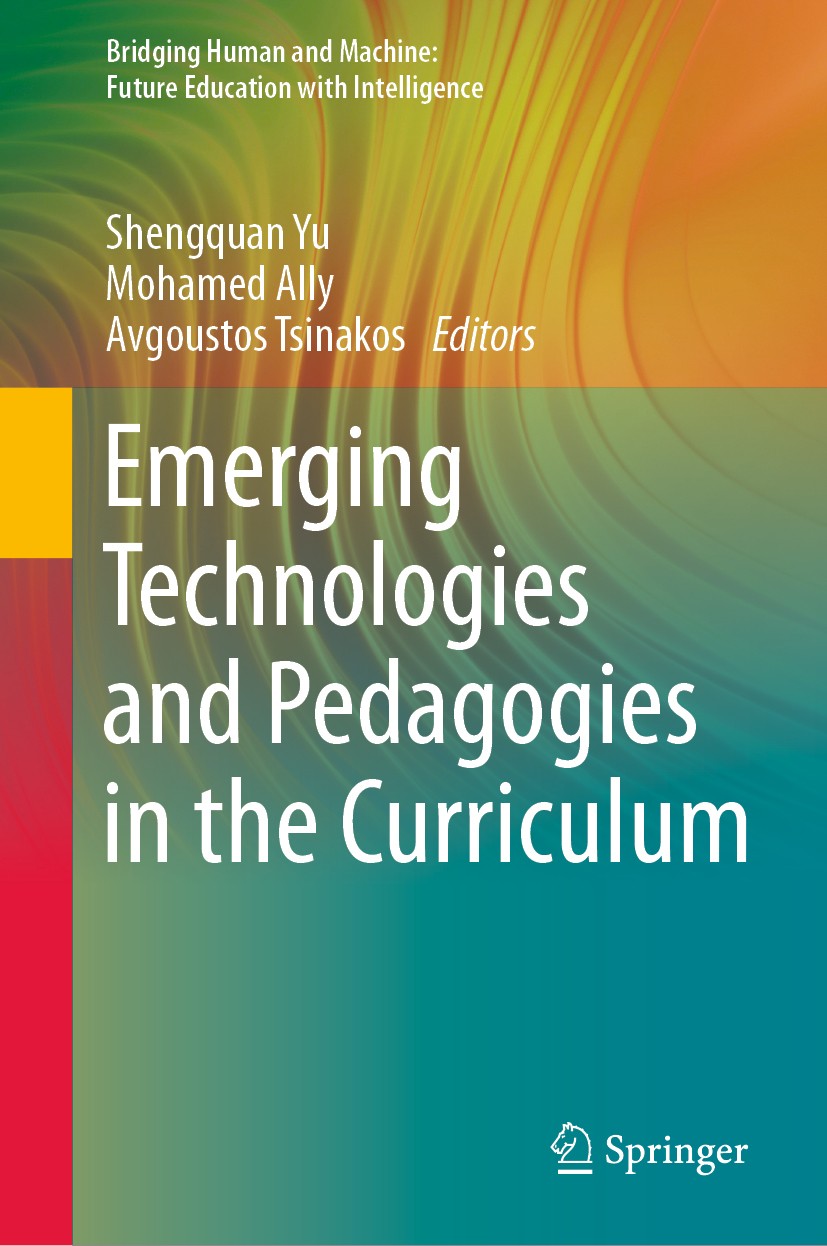Pedagogical Frontiers: Emerging Approaches in Modern Learning
Education is at the cusp of transformation, with emerging pedagogical approaches shaping the way we perceive and engage with learning. These innovative methods go beyond traditional models, fostering dynamic and effective educational experiences.
Reimagining Flipped Learning Models
Flipped learning, a pedagogical approach where traditional classroom activities and homework assignments are reversed, is undergoing a renaissance. Emerging variations include interactive online content, pre-recorded lectures, and collaborative projects that students engage with before class. This reimagining aims to deepen understanding, promote active participation, and make the most of in-class interactions.
Incorporating Culturally Responsive Teaching
Culturally responsive teaching recognizes the diverse backgrounds of students and aims to create an inclusive and relevant learning environment. This approach acknowledges the importance of cultural context in education and encourages educators to incorporate diverse perspectives, experiences, and materials into their teaching. By doing so, it fosters a more engaging and personalized learning experience for students.
Integrating Project-Based and Experiential Learning
Project-based and experiential learning approaches are gaining prominence as educators recognize their effectiveness in promoting critical thinking and problem-solving skills. These methods immerse students in real-world scenarios, encouraging them to apply theoretical knowledge to practical situations. This integration ensures that learning is not confined to textbooks but extends into meaningful, hands-on experiences.
Harnessing the Power of Game-Based Learning
Game-based learning leverages the inherent engagement and motivation found in games to enhance the learning experience. Emerging pedagogical approaches incorporate game elements into educational activities, creating an interactive and enjoyable environment. Gamified elements, such as challenges, rewards, and progress tracking, transform the educational journey into a dynamic and rewarding adventure.
Promoting Self-Directed and Autonomous Learning
Encouraging self-directed and autonomous learning is a key aspect of emerging pedagogical approaches. This approach empowers students to take control of their learning journey, set goals, and manage their progress. With the support of technology, including online resources and interactive platforms, students can pursue knowledge at their own pace, fostering a sense of responsibility for their education.
Utilizing Microlearning for Bite-Sized Knowledge
Microlearning involves the delivery of small, focused bursts of information to learners. Emerging pedagogical approaches recognize the value of bite-sized knowledge, especially in a fast-paced world. Microlearning modules cover specific topics concisely, making it easier for learners to absorb information quickly and efficiently. This approach is well-suited for busy schedules and promotes continuous, incremental learning.
Blending Virtual and Physical Learning Spaces
The line between virtual and physical learning spaces is blurring with emerging pedagogical approaches. Hybrid learning models seamlessly integrate in-person and online elements, offering flexibility and accessibility. This blend caters to diverse learning preferences, allowing students to engage with educational content both within traditional classrooms and through digital platforms.
Fostering Social Emotional Learning (SEL) Skills
Recognizing the importance of social emotional learning (SEL) skills, emerging pedagogical approaches emphasize the development of emotional intelligence, interpersonal skills, and resilience. SEL programs cultivate a positive and supportive learning environment, equipping students with essential life skills beyond academic knowledge. This holistic approach addresses the emotional and social well-being of students.
Integrating STEAM Education for Holistic Learning
Science, Technology, Engineering, Arts, and Mathematics (STEAM) education is gaining traction for its holistic approach to learning. Emerging pedagogical approaches incorporate interdisciplinary STEAM activities, encouraging creativity, critical thinking, and collaboration. This integration prepares students for the demands of a rapidly evolving, technology-driven world.
Conclusion: Navigating Educational Frontiers
In conclusion, emerging pedagogical approaches mark a shift towards more inclusive, engaging, and student-centric learning experiences. As educators explore these frontiers, they embrace the diversity of modern learners and leverage innovative methods to cultivate a passion for lifelong learning. Navigating these educational frontiers ensures that the journey of acquiring knowledge is not only enriching but also adaptive to the ever-changing needs of learners.
Explore more about Emerging Pedagogical Approaches at Emerging Pedagogical Approaches.




